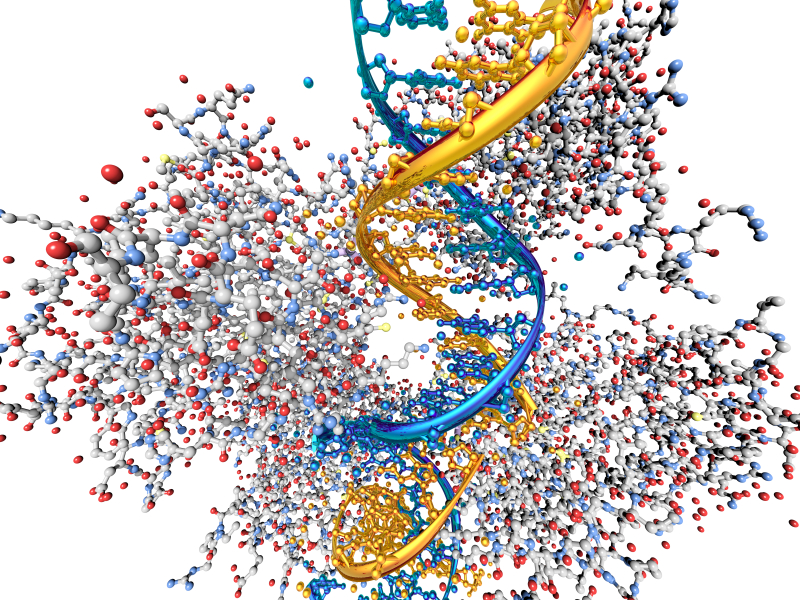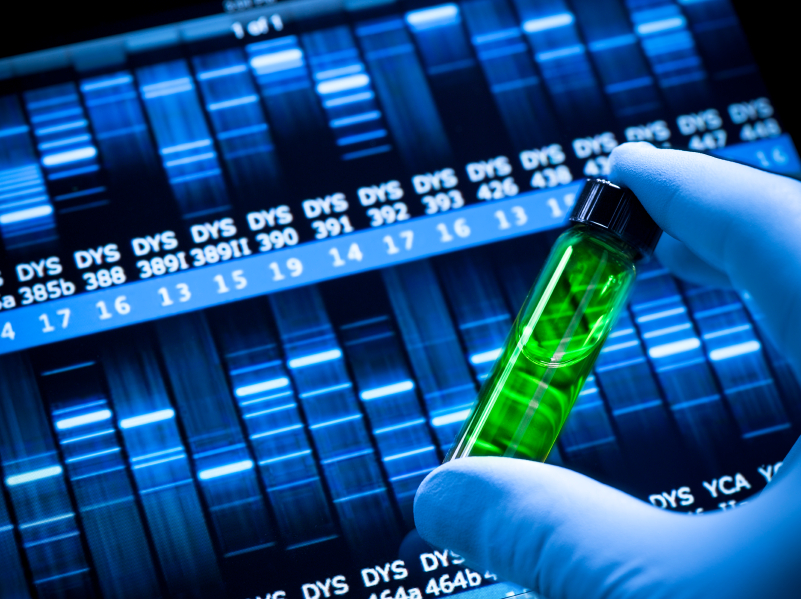CD Laboratory for Development of allergen chips

Test systems that allow several individual reactions with very small amounts of biological sample material (microarrays) are being developed to diagnose and support the treatment of allergies.
To this end, work is being carried out to optimise and establish an allergen chip that should eliminate the disadvantages of existing allergy diagnostics. The microarrays used for the chip are based on a large number of highly purified and recombinant allergen samples, which are tested with a small amount of blood from allergy patients.
The high degree of purity of the sample avoids a major disadvantage of classic allergy tests on the skin - the incorrect identification of allergenic substances due to contamination of the samples. Samples from natural sources are used for the classic skin test, which leads to the co-occurrence of several allergens. Even in the case of an allergic reaction to such a sample, it is not always certain that this reaction was directed against its main component and not against an impurity.
In addition, the microarrays are being further developed so that they can be used to create profiles of the immunological responses of individual patients. This would subsequently allow prognostic statements to be made about the possible course of an allergic disease - e.g. the development of asthma.
But the microarrays will also eliminate another disadvantage of classic skin tests: They are neither unpleasant, nor do they have to be carried out in situ. Microarrays therefore offer additional therapeutic possibilities, the development of which is also part of the research activities. These include monitoring patient reactions during the course of treatment as well as identifying marker allergens for precise treatment decisions and avoiding contact with substances that carry these allergens.
A final facet of research activity is the utilisation of microarrays for the development of vaccines or tolerance strategies for the treatment of allergies. To this end, the tests are being further developed in such a way that they will make it possible to differentiate between high and low allergenic substances.

Christian Doppler Forschungsgesellschaft
Boltzmanngasse 20/1/3 | 1090 Wien | Tel: +43 1 5042205 | Fax: +43 1 5042205-20 | office@cdg.ac.at

